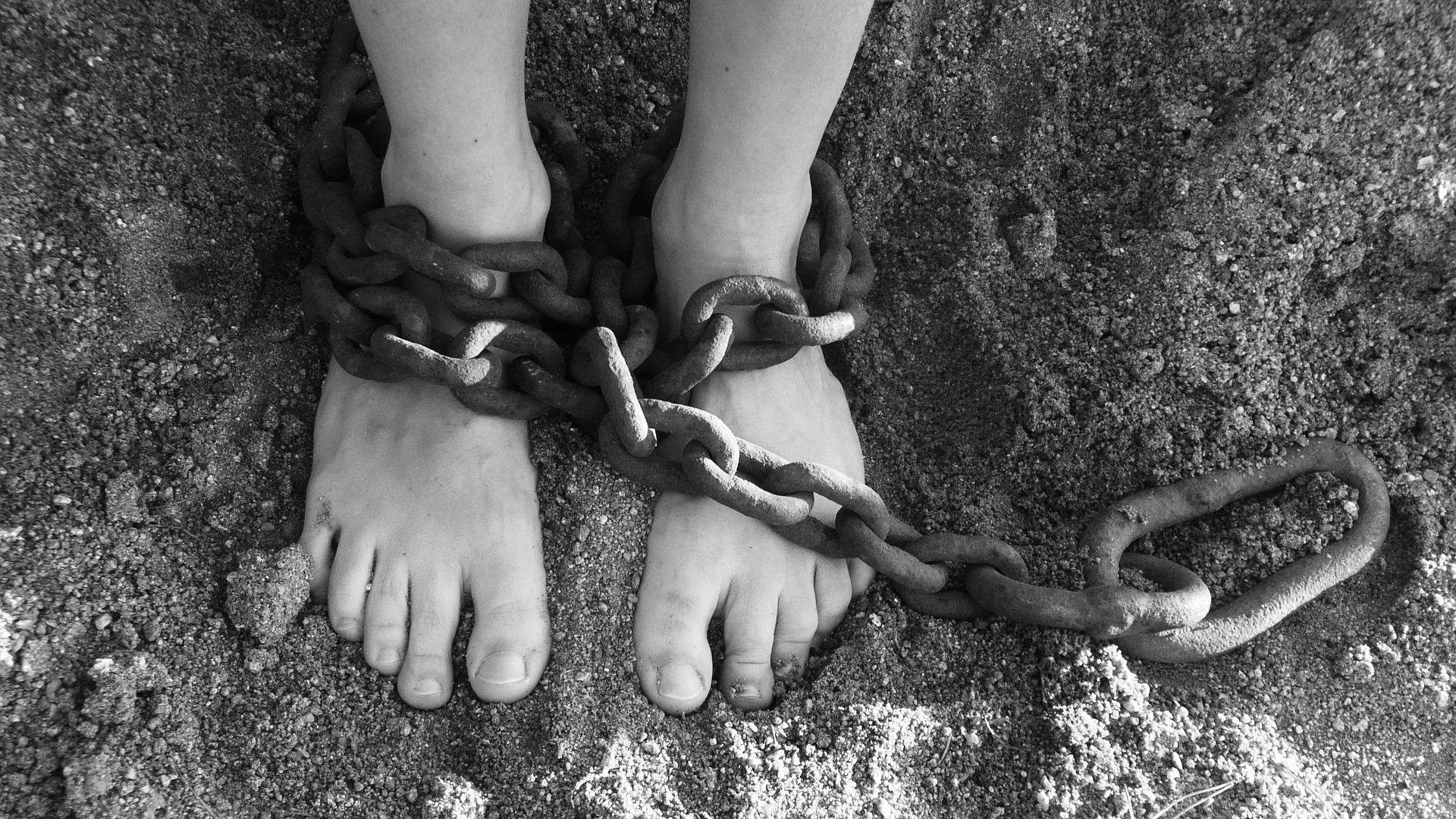“Cancer” is one of the most frightening words in the English language for a very good reason. As a life-threatening illness, cancer requires extensive treatment that may (or may not) be effective and, for those who survive, a lifetime of debt is often their reward. In some cases, the financial devastation caused by cancer might leave cancer survivors feeling like those who didn’t survive were the lucky ones.
Is It Really That Bad?
The American Society of Clinical Oncology (ASCO) has reported that the cost of surviving cancer includes much more than just cost of a few rounds of chemotherapy. There are many hidden costs that often leave cancer survivors saddled with thousands of dollars in debt. The costs of cancer obviously include medication and treatment, which can range from $10,000 to $30,000 per month for a single medication and an average of $4,000 per year spent on follow-up oncology appointments after surviving the initial battle. Then, there are travel and transportation expenses,family and living expenses, caregiving expenses, legal costs, lost wages, possible psychological treatment (for PTSD, depression or body dysphoria associated with the cancer), treatment of long-term side effects and other expenses that are easily overlooked when first considering the financial impact of cancer treatment.
Are There Other Options?
Most of us don’t have hundreds of thousands of dollars sitting around for medical care. Health insurance helps but, in many cases, it won’t cover everything included in the cost of cancer survival. Co-payments on medical costs alone can reach into thousands of dollars and an uninsured cancer patient is left footing the entire bill on their own.
Bankruptcy is an option that many cancer survivors have been forced into. In fact, Project Purple reported that cancer patients are 2.5 times more likely to file bankruptcy than healthy peers in their group.
In some cases, cancer survivors have sold their life insurance policies to pay off cancer related debts, thus reducing or completely eliminating any financial benefits to their loved ones when they pass away. In other cases, cancer survivors have had to be willing to accept donations and financial assistance from community or charity groups just to be able to live out their lives with some sense of normalcy.
In Conclusion
Cancer is expensive, both in the short and long term view. The currently available financial assistance and health insurance policies related to cancer treatment are not adequate for a sustainable system. Changes need to be made in the current approach to cancer treatment and cancer medication pricing to ensure that survivors can be cancer-free without being shackled by debt.
Resources:

